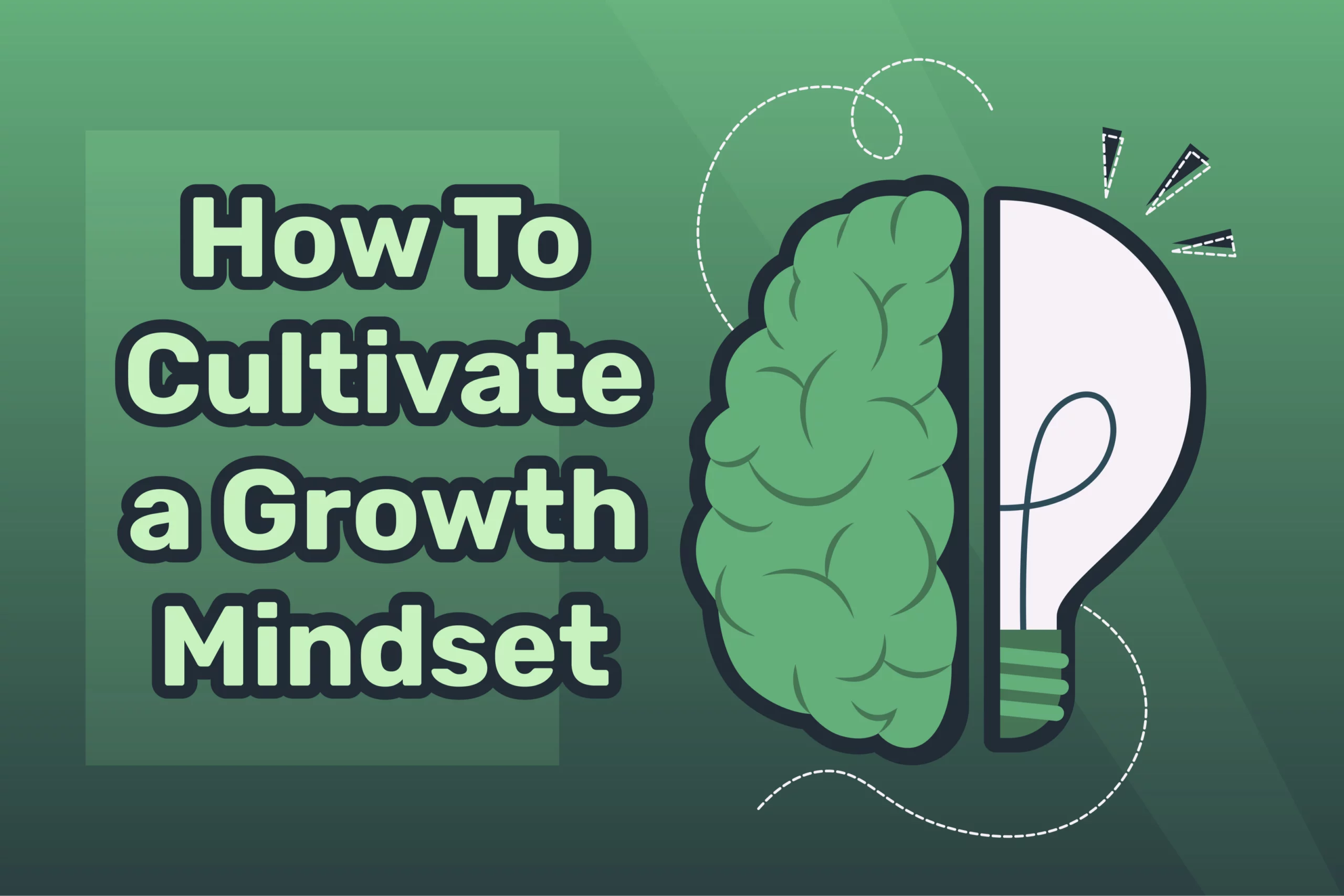The Importance of Continuous Learning in Software Engineering: A Story of Growth and Innovation
In the fast-paced world of software engineering, staying still is not an option. The landscape evolves rapidly, with new technologies, frameworks, and best practices emerging constantly. For software engineers, continuous learning is not just an option—it’s a necessity. It’s the key to remaining competitive, driving innovation, and ensuring long-term career success. This article explores why continuous learning is so vital in software engineering and how embracing it can lead to both personal and professional growth.

1. The Software Engineer’s Journey: A Story of Constant Evolution
Imagine a junior software engineer named Emma, fresh out of university and eager to dive into the world of coding. She joins a dynamic startup where she’s tasked with building web applications using React, a popular JavaScript framework. For the first few months, Emma is confident in her abilities—her knowledge is fresh, and she delivers solid work. But soon, she notices something. New technologies are constantly being introduced, and her peers are talking about tools she’s never heard of: WebAssembly, serverless architectures, TypeScript, GraphQL, and more.
Suddenly, Emma realizes that to keep up with the rapidly changing technology landscape, she cannot rely solely on what she learned in school. She must embrace continuous learning to stay ahead.
2. Why Continuous Learning Matters
Software engineering is a field that thrives on innovation, and that innovation is fueled by continuous learning. Engineers who stay updated with the latest trends, tools, and practices are better equipped to solve complex problems and build scalable, future-proof solutions.
Technologies such as artificial intelligence, cloud computing, and blockchain are reshaping the software industry, and engineers who don’t evolve with these trends risk falling behind. Continuous learning helps engineers stay relevant, but more importantly, it empowers them to become innovators themselves, using the latest technologies to create disruptive products and services.
The ability to quickly adapt to change is what differentiates a great engineer from a good one. For Emma, continuous learning wasn’t just about keeping her job—it was about excelling in her career and becoming a leader in her field.
3. Fostering a Culture of Learning in the Workplace

Organizations that prioritize continuous learning create environments where engineers can thrive. Companies like Google, Microsoft, and Amazon recognize the importance of learning and have implemented comprehensive learning and development programs that encourage their engineers to explore new technologies, take part in training sessions, and attend industry conferences.
By fostering a culture of learning, these companies ensure that their teams remain agile, innovative, and ahead of the competition. They understand that the more their engineers learn, the more value they can bring to the organization.
For business leaders and CTOs, the takeaway is clear: investing in the continuous learning of your engineering team is not just an investment in your people—it’s an investment in the future of your company.
4. The Role of Mentorship and Peer Learning
Emma's story doesn’t end with self-directed learning. In her journey to stay updated, she realizes the power of mentorship and peer learning. By collaborating with senior engineers and engaging in knowledge-sharing sessions, she begins to see problems from different perspectives and adopts new approaches to coding.
Mentorship allows junior engineers to learn from the experiences of others, helping them avoid common pitfalls and accelerate their growth. Peer learning, through hackathons, code reviews, or pair programming, fosters a culture of continuous improvement.
In a constantly changing field like software engineering, knowledge-sharing isn’t just helpful—it’s essential. It allows teams to scale their collective knowledge and build more robust solutions faster.
5. The Continuous Learning Mindset: A Path to Innovation
One of the most exciting aspects of continuous learning is how it directly impacts innovation. Engineers who continuously seek to expand their knowledge base are more likely to experiment with new ideas, push boundaries, and develop creative solutions to problems.
By cultivating a mindset of lifelong learning, software engineers can move beyond traditional problem-solving approaches and create groundbreaking products. In Emma's case, her commitment to continuous learning not only kept her skills up to date but also empowered her to spearhead new projects, integrate cutting-edge technologies, and improve the overall efficiency of her team.

This mindset fosters a culture where engineers are not afraid to take risks, explore new ideas, and innovate—a critical factor in the fast-evolving tech landscape.
6. Adapting to Industry Changes: Staying Ahead in a Dynamic Field
In software engineering, changes happen at lightning speed. Frameworks like React, Angular, and Vue evolve regularly, while new trends such as DevOps, serverless computing, and edge computing gain prominence. For engineers, staying still can quickly lead to obsolescence.
Continuous learning provides engineers with the tools to adapt and embrace new trends. Whether through formal education, online courses, or hands-on experimentation, the learning never stops.
For Emma, keeping her skills sharp and up-to-date wasn’t just about staying relevant—it was about thriving in a field that values innovation. Her journey is a testament to the power of continuous learning in not only keeping pace with industry trends but also shaping the future of software engineering itself.
Conclusion: The Power of Continuous Learning
Continuous learning is the foundation of growth and innovation in software engineering. It drives personal development, enhances professional opportunities, and fosters a culture of innovation within organizations. As Emma’s journey illustrates, engineers who embrace lifelong learning are better equipped to adapt to new challenges, explore new technologies, and lead the way in an ever-changing industry.
For business leaders, the message is clear: supporting continuous learning is key to building agile, innovative teams that are ready to tackle the challenges of tomorrow. For engineers, it’s a reminder that the journey of learning never ends—and the rewards of staying curious and adaptable are limitless.